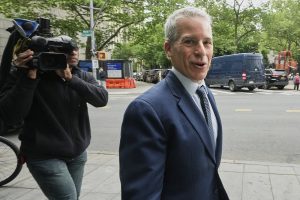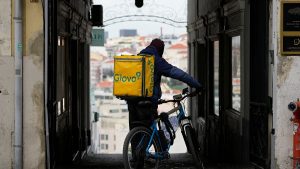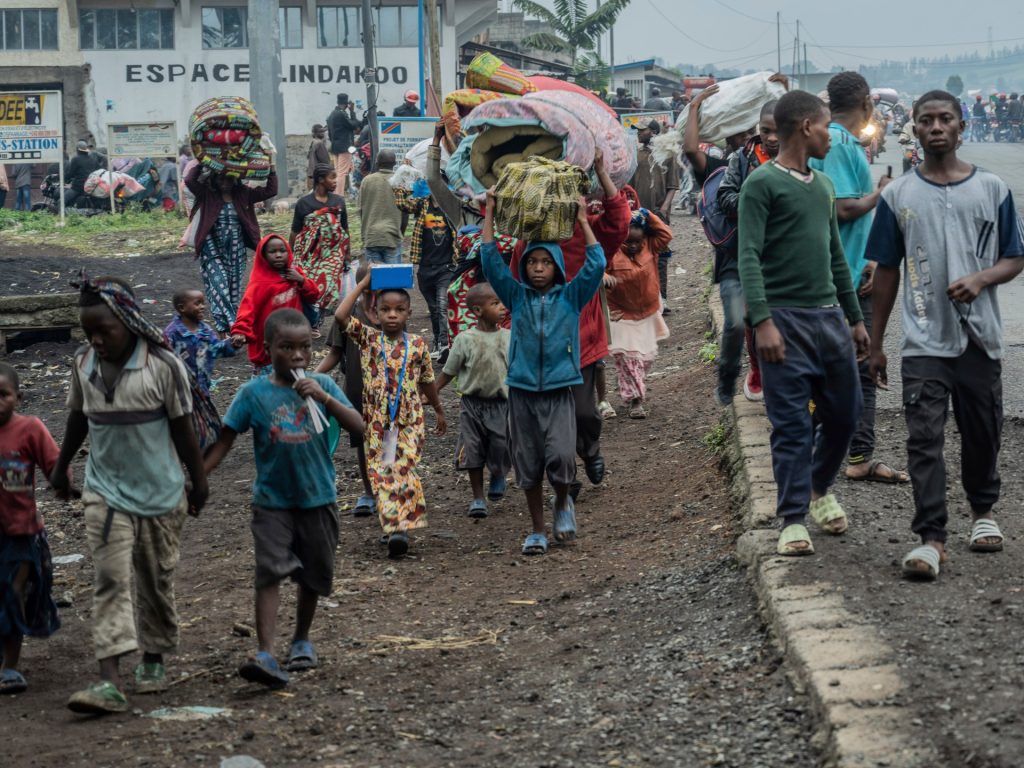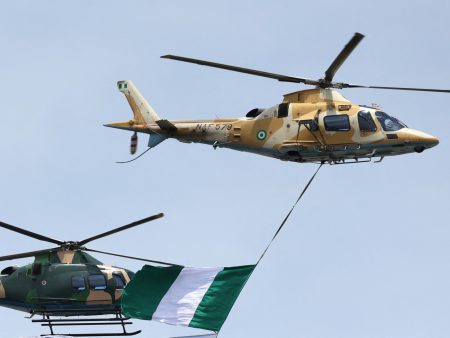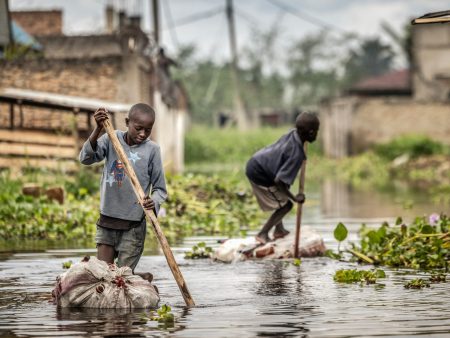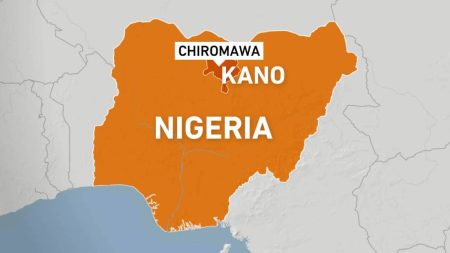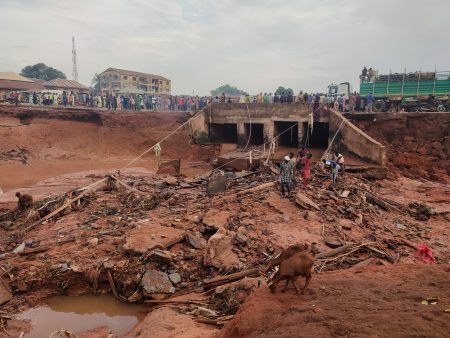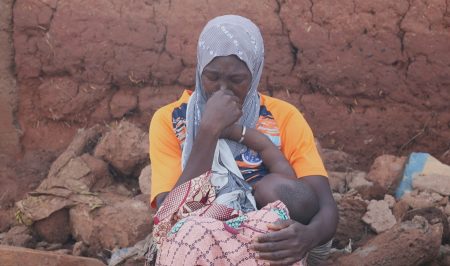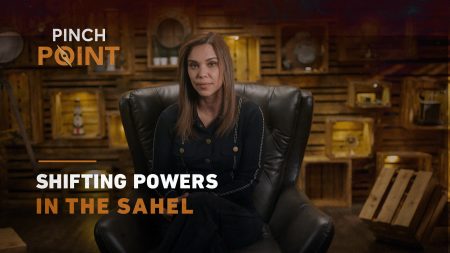The resurgence of the M23 rebel group in the Democratic Republic of Congo (DRC) has ignited a renewed crisis in the volatile eastern region, threatening to destabilize the country and spark a broader regional conflict. The rebels, backed by Rwanda according to UN experts and the DRC government, have advanced on the strategically important city of Goma, triggering widespread panic among its two million residents and forcing thousands to flee their homes. The M23’s declaration of Goma’s capture, following a 48-hour ultimatum for Congolese troops to surrender, has been met with international condemnation and calls for an immediate cessation of hostilities. The DRC government has denounced Rwanda’s alleged support for the M23 as a “declaration of war,” severing diplomatic ties and urging the UN to impose sanctions.
The battle for Goma represents the latest chapter in a protracted conflict that has plagued the eastern DRC for decades. The region, rich in mineral resources, has become a battleground for various armed groups, fueled by ethnic tensions, regional rivalries, and the scramble for control over valuable resources. The M23, predominantly composed of Tutsi fighters, emerged in 2012 and briefly captured Goma before being driven out by Congolese and UN forces. Their resurgence in recent years has raised concerns about the fragility of peace in the region and the potential for a wider conflagration. The current offensive has displaced thousands, exacerbating an already dire humanitarian crisis in the DRC, one of the world’s worst.
The international community has responded with alarm to the escalating violence, urging restraint and a peaceful resolution to the conflict. The UN Security Council, in an emergency meeting, called for the withdrawal of all “external forces” involved in the fighting, echoing UN Secretary-General Antonio Guterres’s direct appeal to Rwanda to remove its troops from Congolese territory. While the UNSC stopped short of explicitly naming Rwanda, UN experts have consistently reported Rwandan military presence and support for the M23. Rwanda has vehemently denied these accusations, accusing the DRC government of instigating the recent clashes and maintaining that its military presence near the border is purely defensive.
Regional efforts to de-escalate the crisis are underway, with Kenya playing a leading role in mediating between the warring parties. Kenyan President William Ruto has invited DRC President Felix Tshisekedi and Rwandan President Paul Kagame to an emergency summit of East African Community heads of state, urging them to prioritize peace and heed the calls from the international community and the region’s population. The success of these diplomatic efforts remains uncertain, however, given the deep-seated mistrust and conflicting narratives surrounding the conflict.
The capture of Goma by the M23 represents a significant setback for peace and stability in the DRC. The city’s strategic importance, both economically and symbolically, makes it a focal point of the conflict. Its seizure not only disrupts trade and humanitarian access but also emboldens the rebels and further destabilizes the region. The international community’s ability to effectively address the crisis is hampered by the complexity of the conflict, the involvement of external actors, and the reluctance of some parties to engage in meaningful dialogue.
The escalating violence in eastern DRC underscores the urgent need for a comprehensive and sustainable solution to the long-standing conflict. This requires a multi-pronged approach that addresses the root causes of the conflict, including ethnic tensions, resource competition, and the proliferation of armed groups. It also necessitates greater regional cooperation, strengthened UN peacekeeping efforts, and a commitment from all parties to engage in genuine dialogue and peaceful conflict resolution. The humanitarian consequences of the conflict are dire, with thousands displaced and in need of assistance. The international community must prioritize the protection of civilians and ensure that humanitarian aid reaches those affected by the violence. The future of the DRC hinges on the ability of regional and international actors to effectively address this crisis and prevent it from escalating into a wider regional conflict.

